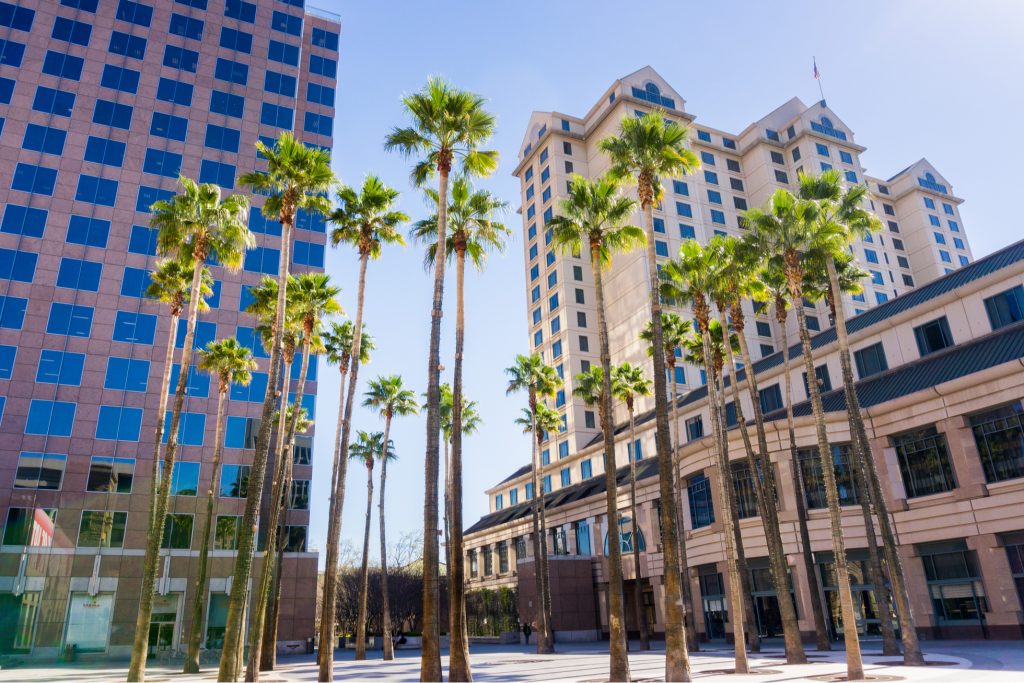To operate a short term rental (STR) in San Jose, you must comply with various City requirements. The following is a complete guideline for San Jose’s short term rental regulations so that anyone can be a responsible host when using platforms like Airbnb, VRBO, and other similar services. This rundown should give you a good start in understanding your local laws.
STRs are permitted in a single-family dwelling, two-family dwelling, multiple-family dwelling, mobile home, live/work unit, or guest house. However, short term rentals are not allowed in an Accessory Dwelling Unit.
Eligibility Requirements
The San Jose Municipal Code governs short term rental uses in San Jose neighborhoods. With some exceptions, the City authorizes hosting in all legal residences and apartments. These restrictions include:
- The annual limit on short term rental stays is 180 days per calendar year if no host is present. The annual limit is 365 days per calendar year with the host present.
- The STR dwelling unit must have the required number of parking spaces for the dwelling type as outlined in the Ordinance.
- When the host is not present on the premises for the duration of a guest’s stay, the host must provide a written notice to all guests and occupants of any neighboring properties. This written notice should have the name and telephone number of the local contact person.
- All buildings or portions of buildings utilized for short term rental occupancy must meet the requirements of the housing code.
Business License Registration and Tax
Hosts need to obtain a Business License prior to operating a short term rental. The City of San Jose requires all people who operate businesses to pay a tax before issuing a Business License.
Maximum Occupancy
With the host present, the number of occupants permitted in a single-family home or mobile home is three guests. For two-family or multiple-family dwellings with the host present, the number of occupants allowed is up to two guests in each dwelling unit.
When the host is not present, short term rental occupancy is limited to two individuals in a studio unit, three people in a one-bedroom unit, and two people per bedroom for each bedroom in excess of one bedroom, but should not exceed ten people in total.
Recordkeeping Requirements
The host must keep records documenting compliance with these regulations for three years after each transient rental period. In addition, on request from the city manager, or any designee of the city manager, the host shall provide copies of records documenting compliance with these short term rental regulations. These records include showing payment of transient occupancy taxes by a hosting platform on behalf of a host.
Transient Occupancy Tax
Transient occupancy taxes (TOT) are collected and paid to the City of San Jose. TOTs are solely the responsibility of the host. However, they may be paid by a hosting platform on behalf of a host if the short term rental occupancy is established through a hosting platform that has a collection and payment agreement with the City of such transient occupancy taxes.
Other Regulations
As a responsible host, you must comprehend and abide by other contracts or regulations that bind you. These include leases, community rules, HOA rules, or other guidelines set up by tenant associations. Feel free to reach out to your landlord, housing authority, or community council to find out more. To get more information about other regulations, you can also visit San Jose’s official website or contact us.
